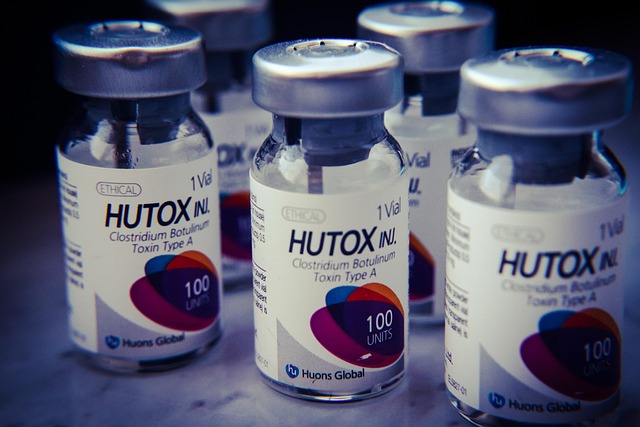Understanding Egg Donation Fertility Programs: A Comprehensive Guide
Egg donation fertility programs offer hope to individuals and couples struggling with infertility, genetic conditions, or other reproductive challenges. These programs involve a donor providing eggs to help intended parents conceive, either through in vitro fertilization (IVF) or gestational surrogacy. Below is a comprehensive guide to understanding how these programs work.

What Are Egg Donation Fertility Programs?
Egg donation programs are structured medical arrangements where a healthy woman donates her eggs to help others achieve pregnancy. These programs involve careful screening of donors, medical procedures for egg retrieval, and coordination between fertility clinics and egg donation agencies. The donated eggs are fertilized through IVF and transferred to the intended mother or gestational carrier.
How Does the Donor Selection Process Work?
Local egg donor agencies conduct thorough screenings of potential donors, including:
-
Medical history evaluation
-
Genetic testing
-
Psychological assessment
-
Background checks
-
Age verification (typically 21-32 years)
-
Physical examination
-
Fertility testing
What Medical Procedures Are Involved?
The egg donation process involves several medical steps:
-
Hormone stimulation of the donor’s ovaries
-
Regular monitoring through blood tests and ultrasounds
-
Egg retrieval procedure under light anesthesia
-
Laboratory fertilization of retrieved eggs
-
Embryo transfer to the recipient
What Legal and Ethical Considerations Should Be Known?
Egg donation programs require careful attention to legal matters:
-
Signed consent forms and legal agreements
-
Clear documentation of parental rights
-
Confidentiality agreements
-
Compensation arrangements
-
Future contact preferences
-
Medical insurance coverage
What Are the Success Rates and Requirements in the UAE?
In the UAE, egg donation programs operate under strict guidelines:
-
All procedures must be performed in licensed fertility centers
-
Donors and recipients must comply with local health authority regulations
-
Success rates vary between 40-60% per cycle
-
Recipients must be legally married
-
Anonymous donation is standard practice
-
All treatments align with Islamic law principles
Understanding Costs and Program Options
Egg donation programs involve various expenses and provider options:
| Service Component | Average Cost Range (AED) | Provider Type |
|---|---|---|
| Initial Consultation | 1,500 - 3,000 | Fertility Clinic |
| Donor Screening | 15,000 - 25,000 | Agency/Clinic |
| IVF Procedure | 45,000 - 65,000 | Fertility Center |
| Medication | 10,000 - 20,000 | Pharmacy |
| Legal Services | 5,000 - 10,000 | Legal Firm |
Prices, rates, or cost estimates mentioned in this article are based on the latest available information but may change over time. Independent research is advised before making financial decisions.
The success of egg donation programs depends on choosing reputable providers and understanding all medical, legal, and financial aspects involved. While the journey can be complex, these programs have helped countless individuals and couples achieve their dreams of parenthood through assisted reproductive technology.
This article is for informational purposes only and should not be considered medical advice. Please consult a qualified healthcare professional for personalized guidance and treatment.




